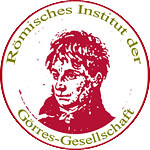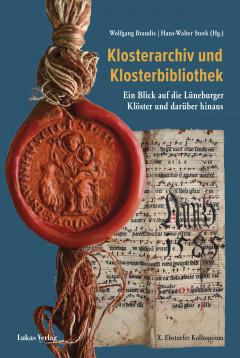Monastery archives and monastery libraries in the Middle Ages
The X. Ebstorf Colloquium 2013 on the Lüneburg monasteries (and beyond) saw the light of day in 2022. The volume, edited by Wolfgang Brandis and Hans-Walter Stork, is highly informative and contains numerous excellent illustrations.
The six nunneries of the Lüneburg Heath - Ebstorf, Isenhagen, Lüne, Medingen, Walsrode and Wienhausen - are "treasure houses of the Middle Ages". Founded 800 years ago as nunneries, they were transformed into Protestant nunneries after the Reformation and are still Protestant institutions today.
Their location in the Lüneburg Heath could lead to the assumption that we are dealing with a marginal topic here. Nothing would be more wrong than that!
These monasteries, which are located in practically purely Protestant areas, are fortunate in that their early transition to the Reformation meant they did not have to go through further waves of Catholic reform - the Baroque or even the modern era. They have therefore preserved their origins better than many Catholic monasteries. This also applies to the libraries and archives, which were not "purged" after the reforms, but have preserved their holdings and some Catholic elements from the early Reformation.
The volume contains articles on book bindings, hymn manuscripts, book donors, relic authentications and monastic archive records (the latter by Jörg Voigt).
Special mention should be made of Hans-Walter Stork's extensive contribution on the archive and library buildings of the Benedictines and Cistercians. Stork offers a cultural history of ecclesiastical libraries, but especially of monastery libraries and their practical functionality. Among other things, it deals with the location and functionality of the writing, reading and library rooms within the monastery buildings.
The book is edited in a standardised way, so that there is an extensive bibliography on the subject at the end.
- Details
- Written by: Stefan Heid
- Category: Recommended reading
 Römisches Institut der Görres-Gesellschaft
Römisches Institut der Görres-Gesellschaft







